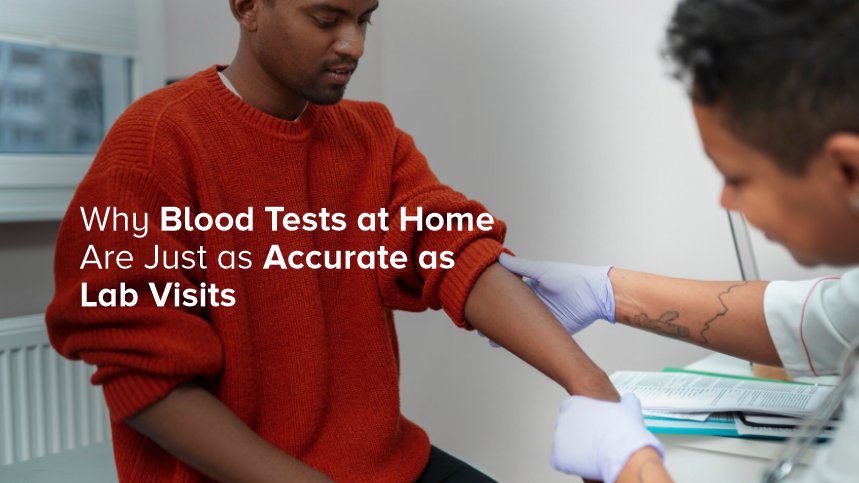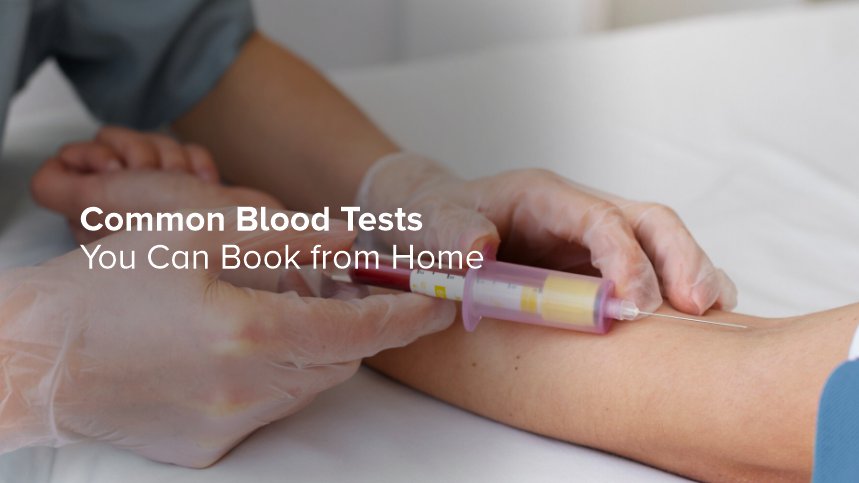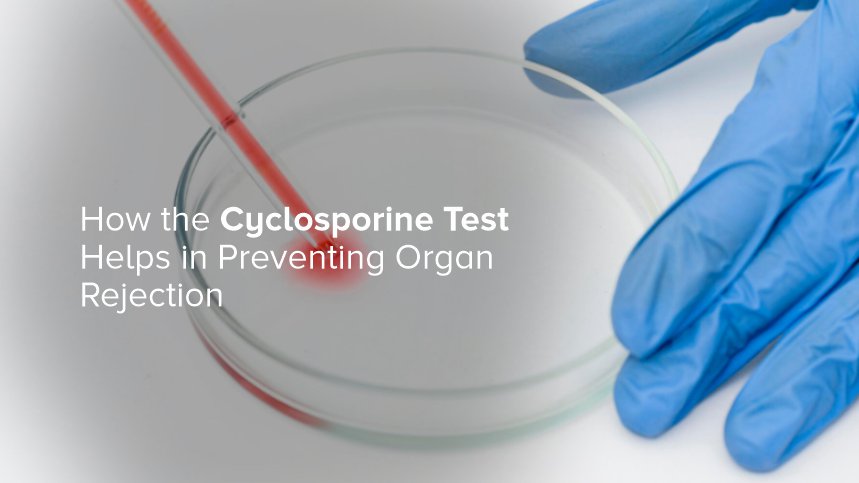


Condition
- Top tests
- Top tests
- Top tests
- Top tests
- Top tests
- Top tests
- Top tests
- Top tests
- Top tests
- Preventive Health Checkup
- Top tests
- Top tests
- Top tests
- Top tests
- Blood Banking & Transfusion
- Lifestyle Packages
- Blood Banking & Transfusion
- Blood Banking & Transfusion
- Top tests
- Top tests
- Lifestyle Packages
- Diabetes
- Blood Banking & Transfusion
- Blood Banking & Transfusion
- Blood Banking & Transfusion
- Blood Banking & Transfusion
- Blood Banking & Transfusion
- Others
- Others
- Others
- Others
- Blood Banking & Transfusion
- Blood Banking & Transfusion
- Blood Banking & Transfusion
- Blood Banking & Transfusion
- Vitamin Deficiency
- Vitamin Deficiency
- Vitamin Deficiency
- Vitamin Deficiency
- Vitamin Deficiency
- Blood Banking & Transfusion
- Blood Banking & Transfusion
- Blood Banking & Transfusion
- Blood Banking & Transfusion
- Diabetes
- Diabetes
- Heart Disease & Hypertension
- Preventive Health Checkup
- Diabetes
- Preventive Health Checkup
- Preventive Health Checkup
- Diabetes
- Diabetes
- Heart Disease & Hypertension
- Top tests
- Heart Disease & Hypertension
- Diabetes
- Top tests
- Diabetes
- Heart Disease & Hypertension
- Lifestyle Packages
- Heart Disease & Hypertension
- Lifestyle Packages
- Heart Disease & Hypertension
- Heart Disease & Hypertension
- Lifestyle Packages
- Preventive Health Checkup
- Preventive Health Checkup
- Top tests
- Preventive Health Checkup
- Heart Disease & Hypertension
- Heart Disease & Hypertension
- Heart Disease & Hypertension
- Top tests
- Top tests
- Lifestyle Packages
- Heart Disease & Hypertension
- Heart Disease & Hypertension
- Top tests
- Heart Disease & Hypertension
- Preventive Health Checkup
- Diabetes
- Lifestyle Packages
- Heart Disease & Hypertension
- Top tests
- Heart Disease & Hypertension
- Heart Disease & Hypertension
- Diabetes
- Lifestyle Packages
- Preventive Health Checkup
- Diabetes
- Top tests
- Diabetes
- Allergy
- Heart Disease & Hypertension
- Diabetes
- Heart Disease & Hypertension
- Diabetes
- Lifestyle Packages
- Lifestyle Packages
- Top tests
- Preventive Health Checkup
- Lifestyle Packages
- Preventive Health Checkup
- Preventive Health Checkup
- Diabetes
- Top tests
- Heart Disease & Hypertension
- Preventive Health Checkup
- Top tests
- Heart Disease & Hypertension
- Lifestyle Packages
- Lifestyle Packages
- Diabetes
- Preventive Health Checkup
- Top tests
- Diabetes
- Top tests
- Preventive Health Checkup
- Preventive Health Checkup
- Preventive Health Checkup
- Diabetes
- Lifestyle Packages
- Lifestyle Packages
- Heart Disease & Hypertension
- Lifestyle Packages
- Heart Disease & Hypertension
- Lifestyle Packages
- Preventive Health Checkup
- Preventive Health Checkup
- Preventive Health Checkup
- Lifestyle Packages
- Top tests
- Lifestyle Packages
- Top tests
- Lifestyle Packages
- Top tests
- Diabetes
- Diabetes
- Others
- Blood Disorders
- Top tests
- Others
- Others
- Others
- Fever
- Fever
- Blood Disorders
- Blood Disorders
- Preventive Health Checkup
- Preventive Health Checkup
- Profile
- Kidney Disease
- Kidney Disease
- Diabetes
- Diabetes
- Heart Disease & Hypertension
- Preventive Health Checkup
- Lifestyle Packages
- Thyroid Disorder
- Diabetes
- Diabetes
- Diabetes
- Diabetes
- Diabetes
- Diabetes
- Diabetes
- Top tests
- Allergy
- Top tests
- Top tests
- Top tests
- Top tests
- Diabetes
- Top tests
- Diabetes
- Top tests
- Top tests
- Top tests
- Liver Disease
- Diabetes
- Top tests
- Vitamin Deficiency
- Top tests
- Top tests
- Liver Disease
- Top tests
- Top tests
- Top tests
- Anemia
- Anemia
- Anemia
- Diabetes
- Diabetes
- Anemia
- Top tests
- Top tests
- Top tests
- Preventive Health Checkup
- Thyroid Disorder
- Heart Disease & Hypertension
- Top tests
- Preventive Health Checkup
- Diabetes
- Heart Disease & Hypertension
- Top tests
- Fever
- Allergy
- Liver Disease
- Lifestyle Packages
- Heart Disease & Hypertension
- Top tests
- Arthritis
- Top tests
- Top tests
- Heart Disease & Hypertension
- Kidney Disease
- Preventive Health Checkup
- Allergy
- Top tests
- Lifestyle Packages
- Top tests
- Kidney Disease
- Top tests
- Lifestyle Packages
- Top tests
- Preventive Health Checkup
- Preventive Health Checkup
- Top tests
- Top tests
- Vitamin Deficiency
- Allergy
- Diabetes
- Top tests
- Top tests
- Top tests
- Top tests
- Heart Disease & Hypertension
- Allergy
- Top tests
- Preventive Health Checkup
- Top tests
- Top tests
- Infertility
- Top tests
- Lifestyle Packages
- Allergy
- Diabetes
- Heart Disease & Hypertension
- Lifestyle Packages
- Preventive Health Checkup
- Preventive Health Checkup
- Top tests
- Preventive Health Checkup
- Top tests
- Diabetes
- Top tests
- Infertility
- Top tests
- Thyroid Disorder
- Top tests
- Allergy
- Preventive Health Checkup
- Vitamin Deficiency
- Top tests
- Top tests
- Infertility
- Lifestyle Packages
- Diabetes
- Liver Disease
- Kidney Disease
- Vitamin Deficiency
- Top tests
- Heart Disease & Hypertension
- Heart Disease & Hypertension
- Top tests
- Heart Disease & Hypertension
- Heart Disease & Hypertension
- Heart Disease & Hypertension
- Infertility
- Heart Disease & Hypertension
- Vitamin Deficiency
- Vitamin Deficiency
- Arthritis
- Arthritis
- Top tests
- Top tests
- Lifestyle Packages
- Preventive Health Checkup
- Lifestyle Packages
- Preventive Health Checkup
- Vitamin Deficiency
- Top tests
- Lifestyle Packages
- Lifestyle Packages
- Preventive Health Checkup
- Top tests
- Preventive Health Checkup
- Top tests
- Heart Disease & Hypertension
- Infertility
- Top tests
- Top tests
- Preventive Health Checkup
- Lifestyle Packages
- Top tests
- PCOD
- Preventive Health Checkup
- Lifestyle Packages
- Preventive Health Checkup
- Top tests
- Fever
- PCOD
- Kidney Disease
- Top tests
- Top tests
- Preventive Health Checkup
- Preventive Health Checkup
- Liver Disease
- Thyroid Disorder
- Top tests
- Heart Disease & Hypertension
- PCOD
- Top tests
- Arthritis
- Preventive Health Checkup
- Kidney Disease
- Lifestyle Packages
- Top tests
- Allergy
- Top tests
- Top tests
- Diabetes
- Thyroid Disorder
- Preventive Health Checkup
- Top tests
- Lifestyle Packages
- Preventive Health Checkup
- Top tests
- Kidney Disease
- Liver Disease
- Infertility
- Top tests
- Anemia
- Top tests
- Top tests
- Top tests
- Preventive Health Checkup
- Bone Health
- Cancer
- Fatty Liver

Tests
A fasting blood glucose test serves as one of the most reliable methods for detecting diabetes and prediabetes. This simple blood test measures your blood sugar levels after an extended period without food, providing healthcare professionals with critical information about how your body processes glucose. Proper preparation directly impacts the accuracy of your results, making it essential to understand the specific requirements and guidelines.
Whether your doctor has ordered this test as part of routine screening or to investigate symptoms like excessive thirst, frequent urination, or unexplained fatigue, following the correct preparation steps ensures you receive the most accurate diagnosis possible. The test requires a fasting period of 8 to 12 hours, during which specific foods, beverages, and activities must be avoided to prevent interference with your glucose levels.
Understanding Fasting Blood Glucose Testing
Fasting blood glucose testing measures the amount of sugar in your blood after you have not eaten for at least 8 hours. During fasting, your body relies on stored glucose and the liver's glucose production to maintain blood sugar levels. This baseline measurement reveals how effectively your body regulates blood sugar without the influence of recent food intake.
Normal fasting blood glucose levels range from 70 to 99 mg/dL (3.9 to 5.5 mmol/L). Levels between 100 to 125 mg/dL indicate prediabetes, while readings of 126 mg/dL or higher on two separate occasions typically confirm a diabetes diagnosis. These precise ranges make accurate preparation crucial for meaningful results.
Healthcare providers commonly order fasting glucose tests for diabetes screening, monitoring blood sugar control in diagnosed patients, and evaluating symptoms that suggest blood sugar irregularities. The test also forms part of comprehensive metabolic panels and routine health assessments.
Essential Do's for Test Preparation
Fast for the Correct Duration
Begin your fasting period 8 to 12 hours before your scheduled blood draw. Most laboratories recommend a 10 to 12-hour fast for optimal accuracy. Schedule your test for early morning hours to minimize fasting discomfort and maintain your normal sleep schedule.
Calculate your fasting start time by working backward from your appointment. If your test is scheduled for 8:00 AM, stop eating by 8:00 PM the previous evening. This timing allows you to sleep through most of the fasting period while ensuring adequate preparation.
Stay Properly Hydrated
Drink plenty of water throughout your fasting period. Water does not affect blood glucose levels and helps maintain proper hydration for easier blood collection. Adequate hydration also prevents the concentration of blood glucose that can occur with dehydration.
Continue drinking water up until your test appointment. Proper hydration makes veins more accessible for blood draw and reduces the likelihood of feeling lightheaded during or after the procedure.
Take Regular Medications as Prescribed
Continue taking your regular medications unless your healthcare provider specifically instructs otherwise. Most medications do not significantly impact fasting glucose results when taken as prescribed. However, always confirm medication timing with your doctor or the testing facility.
For diabetes medications, follow your healthcare provider's specific instructions. Some medications may need timing adjustments, while others should be taken after the test to prevent hypoglycemia during fasting.
Maintain Normal Sleep Patterns
Get adequate sleep the night before your test. Poor sleep can elevate stress hormones like cortisol, which may increase blood glucose levels. Aim for 7 to 8 hours of quality sleep to ensure your body maintains normal metabolic function.
Avoid staying up late or drastically changing your sleep schedule, as this can create additional stress on your body and potentially affect test results.
Critical Don'ts During Fasting
Avoid All Food and Caloric Beverages
Consume no food, candy, gum, or caloric beverages during your fasting period. Even small amounts of sugar from gum or mints can elevate blood glucose levels and compromise test accuracy. This includes avoiding fruit juices, sodas, sports drinks, and any beverages containing calories.
Be particularly cautious with seemingly harmless items like breath mints, cough drops, or flavored water, as these often contain sugars that can affect your results.
Eliminate Coffee, Tea, and Other Beverages
Avoid coffee, tea, alcohol, and any flavored beverages during fasting. Even black coffee and plain tea can stimulate glucose release and potentially alter test results. Stick exclusively to plain water throughout your fasting period.
Alcohol deserves special attention, as it can cause delayed hypoglycemia and significantly impact glucose metabolism for hours after consumption. Avoid alcoholic beverages for at least 24 hours before your test.
Skip Intense Physical Activity
Avoid strenuous exercise or intense physical activity during your fasting period and on the morning of your test. Vigorous exercise can deplete glucose stores and create artificially low readings, while also triggering stress responses that may elevate glucose levels.
Light activities like gentle walking remain acceptable, but avoid gym workouts, running, or any activity that significantly increases your heart rate or causes sweating.
Don't Smoke or Use Tobacco Products
Smoking and tobacco use can affect blood glucose levels and should be avoided before your test. Nicotine acts as a stimulant and can influence glucose metabolism, potentially leading to inaccurate results.
If you regularly use tobacco products, discuss timing with your healthcare provider, as sudden cessation might also create stress responses that could affect your results.
Managing Common Concerns and Situations
Handling Medication Timing
Diabetic patients require special consideration for medication timing. Insulin users should consult their healthcare provider about dosing adjustments, as taking regular doses without food can cause dangerous hypoglycemia. Some providers recommend reducing or skipping short-acting insulin doses during fasting periods.
For oral diabetes medications, timing varies by medication type. Metformin typically continues as prescribed, while medications that stimulate insulin release may require timing adjustments or temporary discontinuation.
Dealing with Fasting Discomfort
Mild hunger, headaches, or irritability commonly occur during fasting periods. These symptoms are normal and typically resolve after eating following your test. Plan light activities to distract yourself and consider scheduling your test as early as possible to minimize discomfort.
If you experience severe symptoms like dizziness, confusion, or signs of hypoglycemia, contact your healthcare provider immediately. These symptoms may indicate the need for modified preparation instructions.
Special Circumstances and Exceptions
Pregnant women may require modified fasting instructions, as prolonged fasting can be harmful during pregnancy. Gestational diabetes screening often uses different protocols that don't require overnight fasting.
Individuals with eating disorders, severe diabetes, or other medical conditions may need personalized preparation instructions. Always discuss your specific health circumstances with your healthcare provider before fasting.
Post-Test Considerations
After your blood draw, you can immediately resume normal eating and drinking. Bring a snack or plan to eat breakfast shortly after your test, especially if you have diabetes or tend to experience hypoglycemia.
Results typically become available within 24 to 48 hours. Your healthcare provider will discuss the results with you and recommend follow-up testing or treatment if necessary. Abnormal results may require confirmation with repeat testing or additional glucose tolerance tests.
Conclusion
Proper preparation for your fasting blood glucose test directly impacts the reliability of your results and your healthcare provider's ability to make accurate assessments about your health. Following these guidelines ensures that your test provides the clearest picture of your body's glucose regulation.
WANT TO BOOK HEALTH CHECKUP ?
Categories
Top tests
100
Preventive Health Checkup
46
Blood Banking & Transfusion
16
Lifestyle Packages
35
Diabetes
40
Others
8
Vitamin Deficiency
12
Heart Disease & Hypertension
37
Allergy
9
Blood Disorders
3
Fever
4
Profile
1
Kidney Disease
8
Thyroid Disorder
5
Liver Disease
6
Anemia
5
Arthritis
4
Infertility
6
PCOD
3
Bone Health
1
Cancer
1
Fatty Liver
1
Recent Blogs
Why Blood Tests at Home Are Just as Accurate as Lab Visits
The healthcare landscape has transformed significantly with the introduction of at-home...
03-09-2025
Common Blood Tests You Can Book from Home
Monitoring your health has never been more accessible. With advances in diagnostic technology...
03-09-2025
How the Cyclosporine Test Helps in Preventing Organ Rejection
Organ transplant recipients face a delicate balancing act that continues long after their...
03-09-2025







